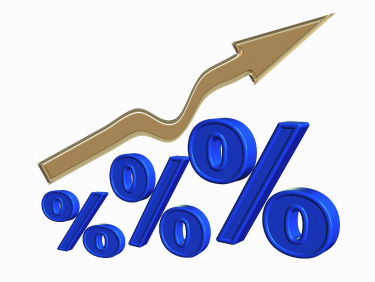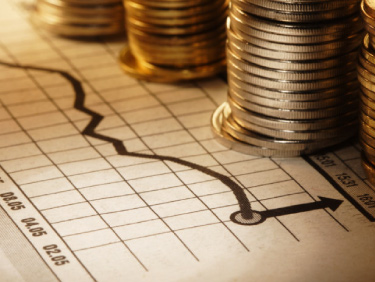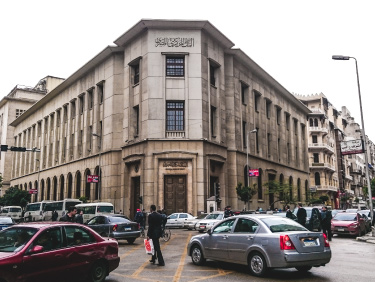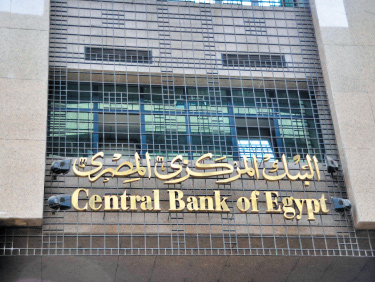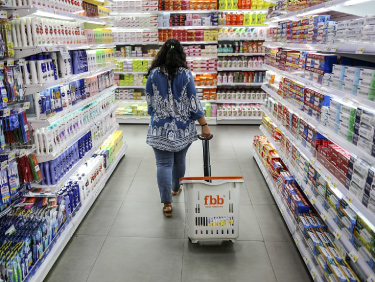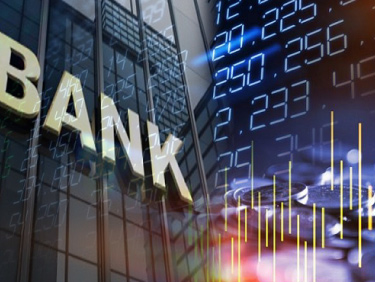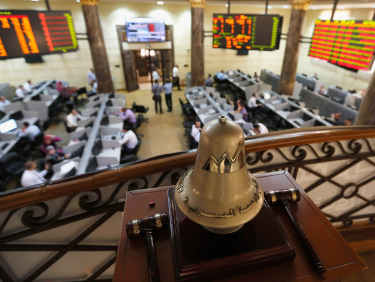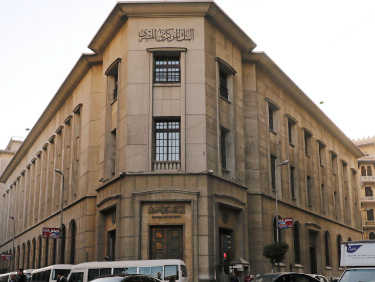- Monetary easing key for resumption of CAPEX lending, in HC’s view.
- This should reflect in lower banking NIMs while strong CAR supports balance sheet growth, on HC’s numbers.
- HC raises their 12M TP c8% for CIB to EGP87.8/share and maintain OW, leave CAE largely unchanged at EGP51.9/share but downgrade to N, and maintain ADIB at EGP18.3/share and OW; ADIB is their top pick as the bank’s turnaround story is not fully priced-in.
Egypt’s economic environment conducive for an accelerated easing cycle, in HC’s view, which should trigger loan growth but reflect in lower NIMs: Following the EGP floatation in November 2016, the Monetary Policy Committee of the Central Bank of Egypt (CBE) hiked policy rates a total 700 bps, resulting in a slowdown in private lending. With economic improvements, the MPC cut rates consecutively in February and March 2018 a total 200 bps before cutting another 100 bps last February. According to surveys conducted by banks, private businesses are looking for a further 300–400 bps cut before resuming CAPEX borrowing. HC also anticipates that inflationary pressures will subside following the full removal of gasoline subsidies. They now expect the CBE to accelerate its planned rate cuts, with a possible 100–200 bps cut in 2H19e before another 200–300 cut bps in 2020e, fully reversing the initial 700 bps hike. On their numbers, this should take average NIMs for banks under coverage to 4.5%–5.0% by 2024e from 5.5%–6.9% over 2017–18.
Strong asset quality and capital base for banks under coverage accommodate for a stricter regulatory environment: Egyptian banks started reporting their financial statements according to IFRS 9 accounting standards in 1Q19, with banks now having to take provisions for expected future credit losses rather than based on historical performance of the credit facilities. Banks under HC’s coverage display strong asset quality, with NPLs ranging 2.5%–5.0% and coverage ratios ranging 141%–200%.
Effect of final amendments to income tax law on treasuries largely mitigated (compared to initial draft), in HC’s view: The final version of the tax law amendments entails separating the tax accounting of a bank’s income from treasuries from all other income. The cost of treasuries will now be calculated by multiplying the bank’s cost to income ratio (excluding provisions and depreciation charges) by 80% of treasury income, with a maximum of 70% of treasury revenue for 2019, 85% for 2020, and 100% of for the following years. The amendments became effective 17 May 2019 and will be applied on treasuries issued since 21 February 2019 as well as treasury re-openings since that date.On their numbers, the amendments should raise the effective tax rate for banks under coverage to range 26%–31% over their forecast period from 21%–28% in 1Q19, prior to the application of the law.
CAE and ADIB NIMs should outperform CIB over 2019–24e due to higher proportion of local currency loans, in HC’s view: As mentioned earlier, the resumption of monetary easing should reflect in NIMS cooling off across banks under coverage, with CIB averaging 4.9% over 2020–24e. HC expects CAE and ADIB, however, to outperform, with average NIMs of 5.4% and 5.2%, respectively, over their forecast period, driven by higher interest-earning, local currency loans as a percentage of total loans. HC also expects banks to lengthen their deposit duration to be able to finance CAPEX lending without breaching the maximum interest rate risk imposed by the CBE (15% of Tier-1 capital). This should reflect in tightened interest rate spreads to average 4.6% in 2024e from 6.3% in 2019e.
HC expects a loan CAGR of c22% for CIB and c18% for both CAE and ADIB over 2019–24e, with the banks allocating less to government treasuries: HC expects the pickup in private lending following the resumption of the easing cycle to be the main balance sheet growth driver for CIB and CAE given their strong capital adequacy ratios (CAR). On HC’s numbers, they expect CIB’s CAR to decline to 18.4% in 2024e from 22.6% in 2019e, CAE’s CAR to decline to 14.3% in 2024e from 18.5% in 2019e, well above the CBE minimum requirement of 14.5% and 12.5% for both banks, respectively. For ADIB, they see the capital increase expected by management to take place in 2020 and the reversal of its net retained loss position to support the bank’s CAR, which they expect to reach 15.9% in 2024e. On their numbers, CIB, CAE, and ADIB should show average 2019–24e effective tax rates of 29%, c26%, and 31%, respectively.
Banks under HC’s coverage display strong asset quality, but they maintain conservative provisioning for all 3 banks reflecting a stricter regulatory environment: HC expects NPLs to decline to 4.0% in 2021e for CIB and to be maintained at 3.0% for CAE, with average 2019–24e coverage ratios of c178% and c154%, respectively. On their numbers, this should translate to average 2019–24e provision charges of 8.9% of operating profit for CIB and 8.3% for CAE. As discussed in their 20 June ADIB update, they expect the bank’s NPLs to increase to 4.0% in 2022 from 2.5% in 1Q19, converging to the banking sector average. ADIB’s coverage ratio stood at c141% as of 1Q19 and they expect it to reach c150% in 2024e, translating to an average 2019–24e provisioning charge of c24% of net operating profit.
Downgrade to Neutral for CAE, maintain Overweight for CIB and ADIB: HC values the banks using an excess-return-based model and adopt a moving cost of equity. Accordingly, they raise their 12-month target price c8% for CIB to EGP87.8/share, which puts the bank at a 2019e P/B multiple of 2.67x . HC therefore maintains their Overweight rating, with the stock trading a 2019e P/B multiple of 2.16x. As for CAE, their 12-month target price of EGP51.9/share puts the bank at a 2019e P/B multiple of 2.3x and . HC downgrades their rating to Neutral, with the stock trading at a 2019e P/B multiple of 1.95x. HC estimates the terminal value of CAE using its 10-year average trading P/B multiple of 2.2x. Finally, for ADIB, they maintain their 12-month target price at EGP18.3/share, which puts it at a post rights issue 2019e P/B multiple of 1.75x, . HC therefore reiterates their Overweight rating. ADIB is HC’s top pick, trading at a post rights issue 2019e P/B multiple of 1.1x. In their view, ADIB offers the highest potential return as its turnaround story is not fully priced in.
This content is just for general information.

